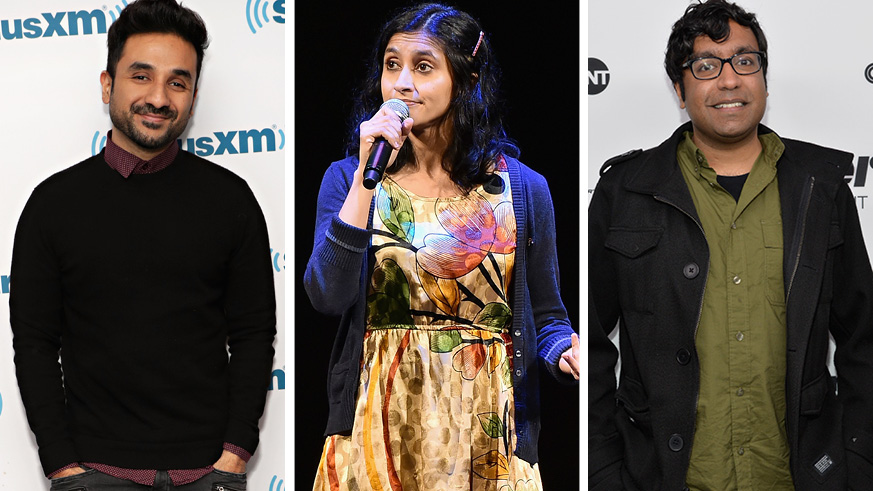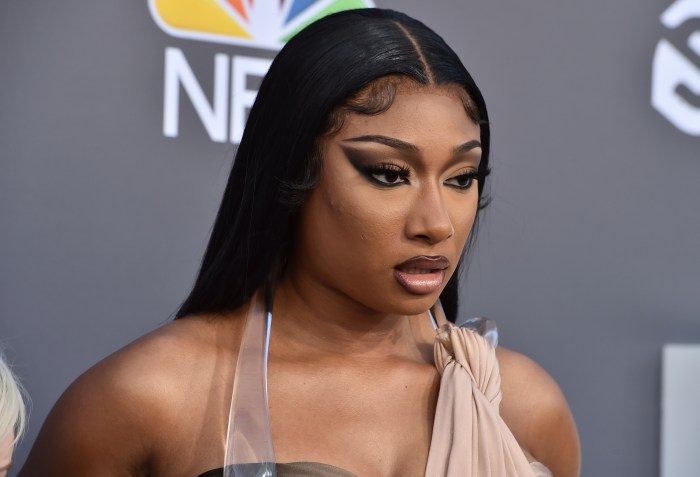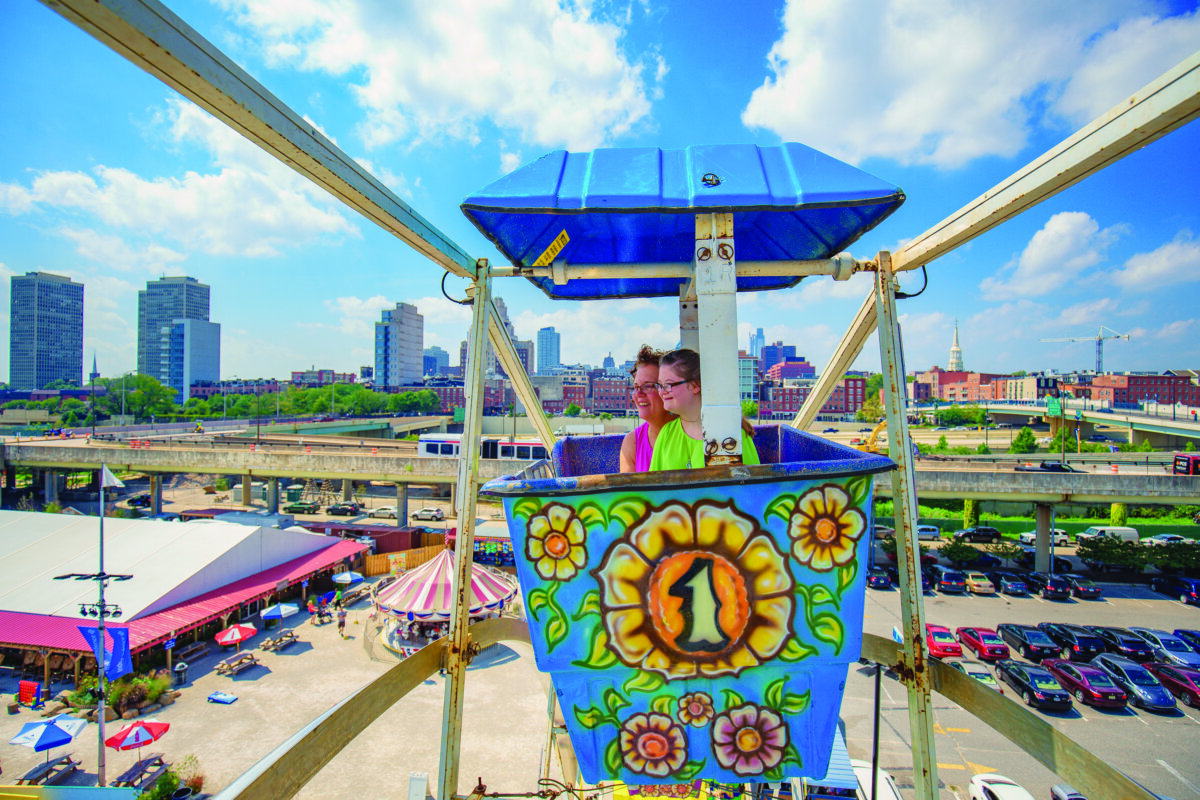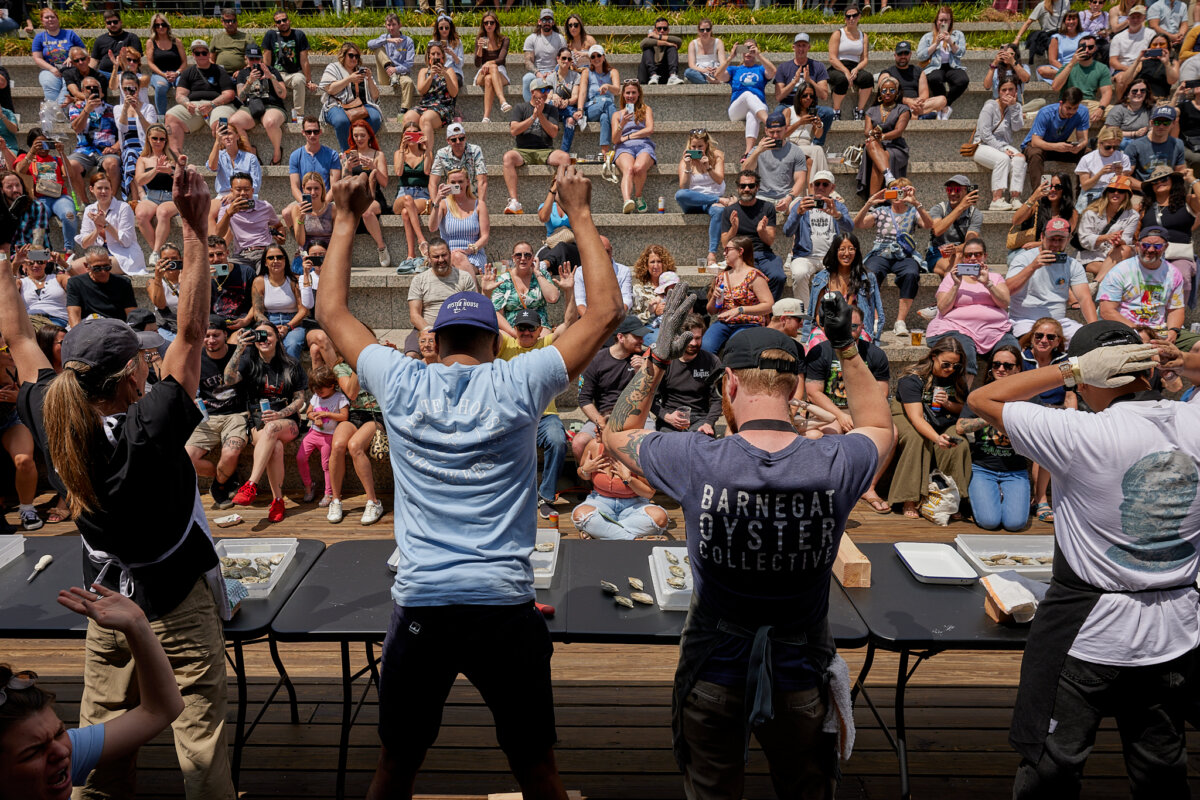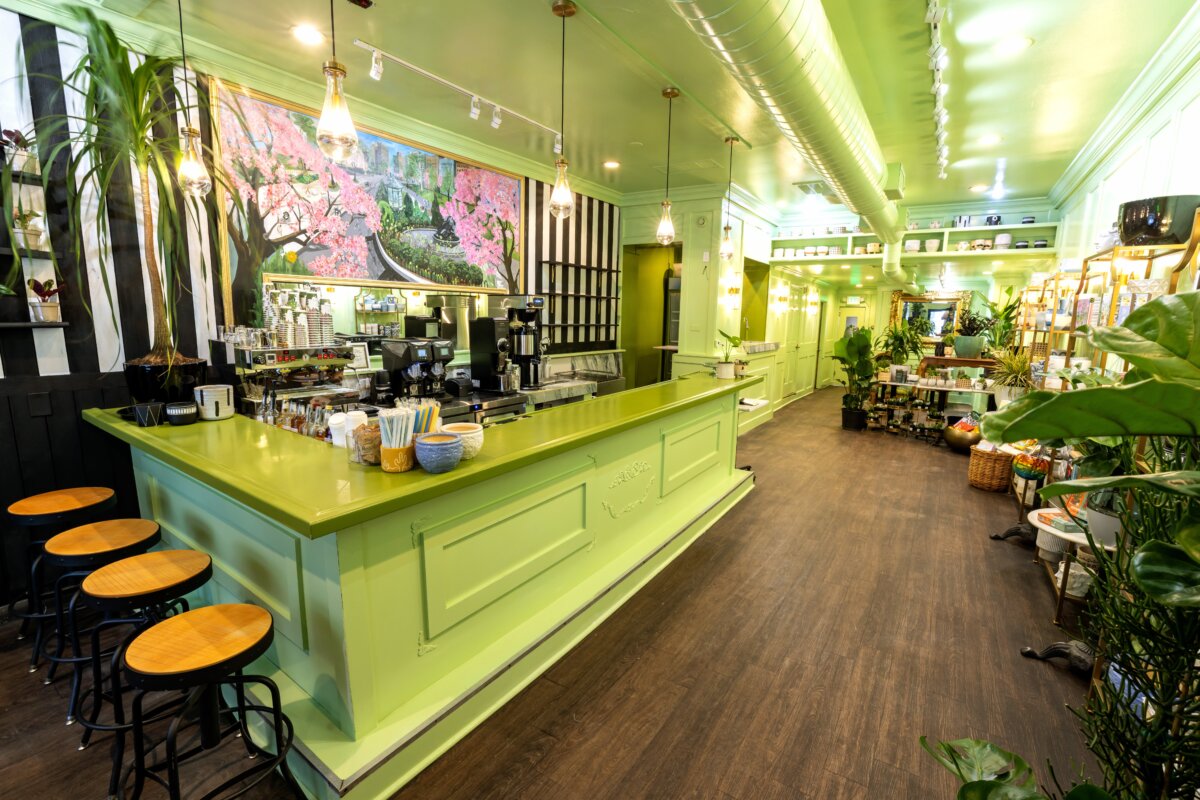It’s about damn time: Pop culture is finally paying attention to comedians of color.
In fact, in recent years more diverse comedians with roots in the Indian subcontient have landed prime time gigs. Think Hasan Minhaj — of “Daily Show” fame — at the White House Correspondent Dinner. The second season of Aziz Ansari’s masterpiece, “Master of None,” just debuted on Netflix. Mindy Kaling’s “The Mindy Project” is shooting its’ final season — and her latest pilot, “Champions” has been picked up for series order by NBC.
With Minhaj’s Netflix special, “Homecoming King” premiering on May 23, we decided to talk to South Asian comedians about breaking into the scene, finding your voice and what it’s like coming up in a form that’s not-so-diverse.
Aparna Nancherla
Aparna’s face is a familiar one. She made her television debut as a writer and performer on FXX’s “Totally Biased with W. Kamau Bell” in 2012. Since then, she’s made appearances on “Inside Amy Schumer” and “Crashing,” and her hands are still full. She played a video game obsessed bachelorette in this season of “Master of None,” and has tour dates across the country this summer.
Her intimate style of stand up reflects her struggles with anxiety and depression — but finding that groove wasn’t immediate. “I saw people already talking about [mental illness] like Maria Bamford and Marc Maron. I didn’t know if I had anything to add, but I started writing about my own experience of going through a rough depression cache and feeling creatively stifled,” she says. To her surprise, the audience related. “That encouraged me to delve into it further. It’s interesting to try to put words to some of the stuff in your head.
Vir Das
Vir has a unique perspective of his own. The 37-year-old — who has starred in Bollywood films such as “Delhi Belly” and “Revolver Rani” — is the first Indian-born stand up comedian to have a Netflix comedy special, called “Abroad Understanding.” And he admits, honing your act is a constant journey. “As a comedian, you are always finding your voice,” he writes via e-mail. “It’s never one moment where you say you found it and you stop.”
Having studied both in Africa and in the United States, Vir uses his range of experiences to curate his voice. “[My experience] gives me an edge in that I have the vocabulary and language to communicate my humor to both audiences [in the United States and in India],” he writes. “And it gives me nuance to understand both countries. The politics, the conversations, the fears, the pop culture, the ideas.”
Hari Kondabolu
Hari, a New York-based comedian, is well known for his sharp observations on politics, race and gender. The 34-year-old also worked as a writer for “Totally Biased with W. Kamau Bell” and now shares a podcast with Bell, “Politically Reactive.” This summer, he’ll take his quick wit on the road, with a slew of tour dates in Denver.
His experience as a brown man in New York City, especially after September 11, encouraged him to find his voice — and to use it. “I was well aware of the fact that I was a brown person and that meant something. Especially watching television, “Oh none of us are on TV, none of us are represented—’ something’s going on. [And] I got a fuller experience of how race worked post 9/11. It’s a bummer it took that long for me, but seeing those things made me a different person.
Now, as a fixture in the Brooklyn comedy scene, he sees how diversity — or lack there of — plays a part in success. “When you’re on a bill and it’s all white people or all white men and you, that also impacts who is in the audience,” he says. “What can I, and what can I not talk about? Because I’m the only one who is bringing up race, or they assume that I’m going to bring up race. [They don’t think] ‘This is his experience, so he’s bringing up race because he cares about it and it’s interesting to him.’”

